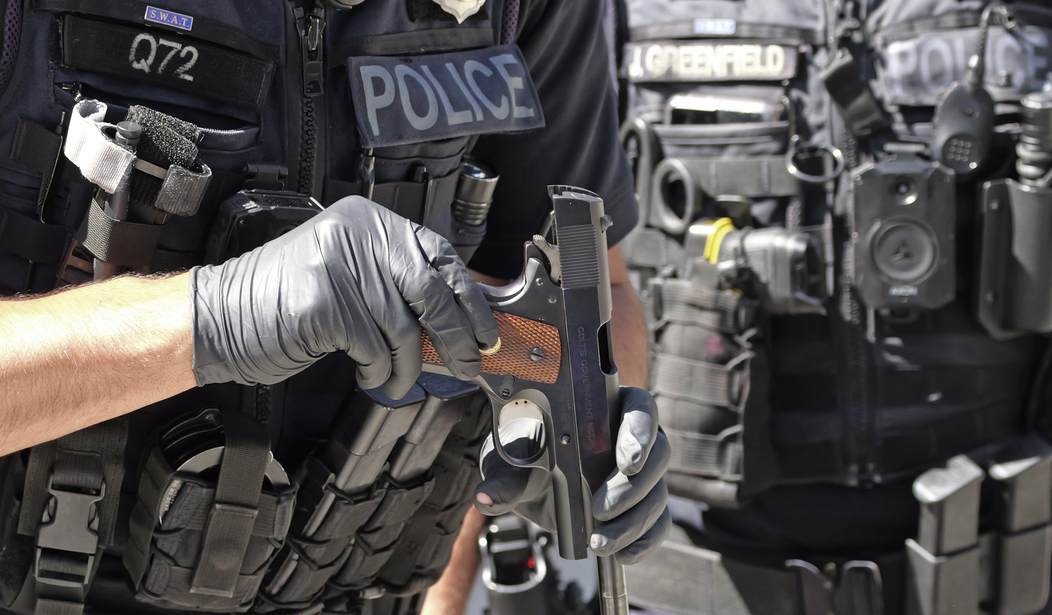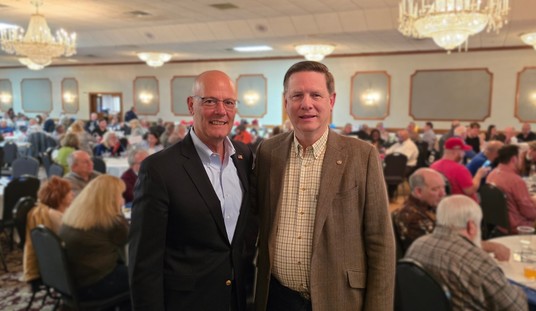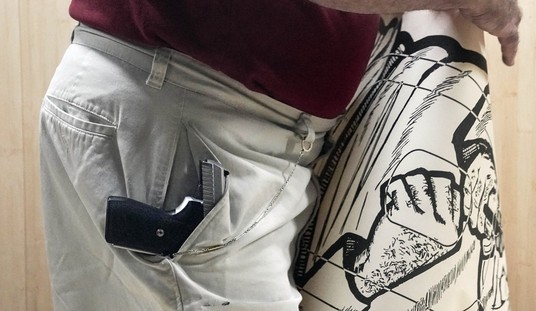Philadelphia is a rough city in this day and age. It’s not the only time it’s been rough, mind you, but I’m not going to talk about the past. I want to talk about now.
And now has tons of violent crime. That’s led to some pushing for gun buybacks.
Yet, the Philadelphia Inquirer asked an important question. They wanted to know if buybacks were a good idea, so they got two pieces written up. One against buyback and one in favor.
Obviously, I’m not a fan of buybacks. Study after study shows they simply don’t work.
That won’t stop some from pushing them, even if they have to make up a version that will.
If organized correctly, gun buybacks can help get illegal weapons off the streets of Philadelphia. But gun buybacks are often not done correctly.
The city’s gun buybacks do not specifically target illegal weapons, nor do they seem to take into consideration the black-market prices of illegal firearms when deciding how much to offer.
Rewards are typically $100, too low to obtain the modern automatic weapons ripping our neighborhoods apart. Not surprisingly, Philly’s gun buyback events have been less than effective. In 2021, 16 events recovered fewer than 750 guns. In the last three years, none of the recovered guns has been linked to a crime.
That doesn’t mean gun buybacks can’t work. Rather than give up the program, the city of Philadelphia needs to begin gun buybacks that are data-driven and target illegal firearms.
This model would buy the firearms at a price just under black-market value. This will address the unique needs and circumstances of many of those who are likely in possession of these illegal firearms — including people who may face eviction, need bail money, have a stolen gun, are moving or raising children, or own multiple weapons.
I get what the author is saying. However, I also recognize some harsh realities that he’s apparently oblivious to.
First, one of the issues is that guns turned in at buybacks come from ordinary citizens. Raising the amount offered isn’t exactly going to dissuade those folks.
In fact, offering more money will just encourage some to get…creative.
But “data-driven,” right? Look, that’s a fancy-sounding term designed to make people think stuff like this will work. However, there are no data to drive this. The author’s organization is trying to find some data, but they’re just asking questions like dollar amounts, not whether or not that would actually encourage violent criminals to give up their guns.
Yet we know that criminals often have guns for a variety of reasons, including self-defense. They have violent rivals who may decide to take them out when their paths cross.
Now, would a person in that position sell their gun regardless of the cost? Highly unlikely.
The author of this gives some examples where someone might sell a gun, citing potential motivators. They were: “face eviction, need bail money, have a stolen gun, are moving or raising children, or own multiple weapons.”
Sure, desperation can do interesting things to folks. However, there’s an argument against each of these examples.
Face eviction
Desperation, again, can motivate people to do things they’d rather not do. However, buybacks are sporadic. The odds of just the right kind of violent criminal facing eviction at just the right time when a buyback is taking place are, at best, slim. Especially since they’re far more likely to knock over a convenience store to try and get the money.
Need bail money
If they’re in jail and need bail money, how in the hell are they going to sell a gun? Even if they trust someone else to sell it, this is another of those cases where someone will need the money at precisely the right time for it to matter and have almost no other way to get it.
Has a stolen gun
So the author is advocating setting up a fencing operation? Illegal, but ballsy.
Look, most criminals have stolen guns. They’re not looking to sell them just because someone is offering money for them, though. They either stole them or bought them from someone who did. Just the fact that they have a stolen gun isn’t going to be a huge motivator for them.
Moving or raising children
Again, it requires a coincidence of the need and timing of a gun buyback and literally being no other option available.
Owns multiple weapons
So, they sell one or two and keep the rest, and that’s going to make the streets safer? Seriously?
Criminals don’t typically carry an arsenal like a character in Call of Duty. They only use one gun at a time. Selling extra guns doesn’t do anything except put cash in their pockets. They’re still walking around and able to hurt people.
Look, I have no doubt the author means well. However, his talk of “data-driven gun buybacks” is nothing more than a nice-sounding idea. There’s no evidence his solutions–presented here as if simple, basic facts–will do anything beyond what we’ve already seen.
The reason researchers didn’t focus on “data-driven” anything is that every attempt to drive a gun buyback by data has resulted in the exact same thing. Bupkis.
This effort will do no better.







Join the conversation as a VIP Member